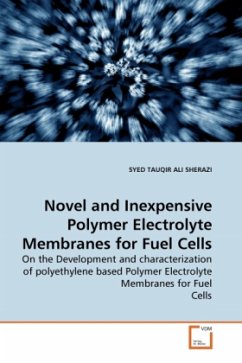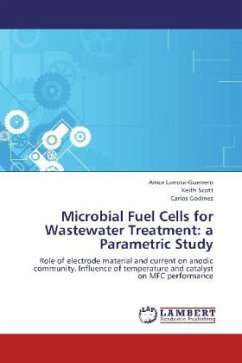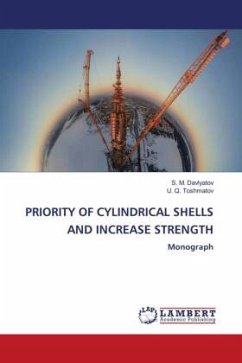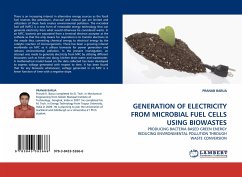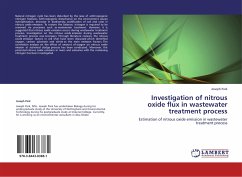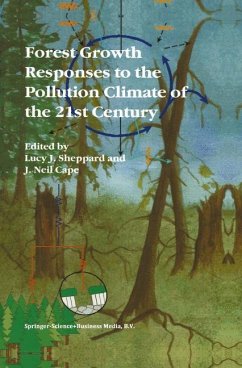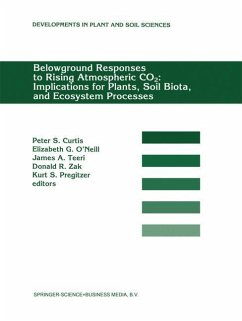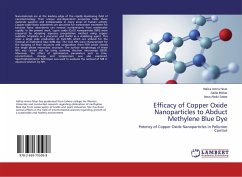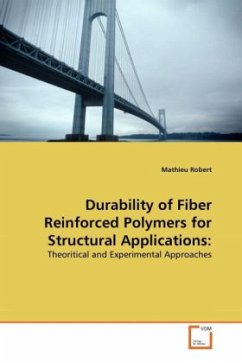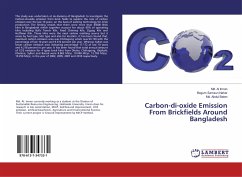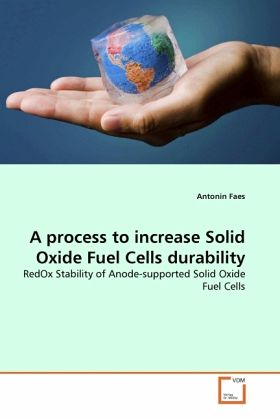
A process to increase Solid Oxide Fuel Cells durability
RedOx Stability of Anode-supported Solid Oxide Fuel Cells
Versandkostenfrei!
Versandfertig in 6-10 Tagen
52,99 €
inkl. MwSt.

PAYBACK Punkte
26 °P sammeln!
Today, energy demands strongly increase while resources are dwindling. With the development of countries like China and India, primary energy consumption will continue at a fast pace. Renewable energies will become competitive and essential. Transition technologies such as fuel cells can play a major role in this context. Besides cost reduction, the main issue for fuel cell technology is durability (lifetime, reliability). This book describes a process how to increase durability of a new technology using a practical example: stabilization of Solid Oxide Fuel Cells (SOFCs) against nickel anode ...
Today, energy demands strongly increase while resources are dwindling. With the development of countries like China and India, primary energy consumption will continue at a fast pace. Renewable energies will become competitive and essential. Transition technologies such as fuel cells can play a major role in this context. Besides cost reduction, the main issue for fuel cell technology is durability (lifetime, reliability). This book describes a process how to increase durability of a new technology using a practical example: stabilization of Solid Oxide Fuel Cells (SOFCs) against nickel anode re-oxidation. This volume introduces SOFCs and their limitations, especially the reduction and re-oxidation (RedOx) instability of nickel anode- supported cells. The second part focuses on understanding the effect of RedOx cycles. In the third section, solutions to the problem are found via microstructure optimization. The major parameter for RedOx stability is the increase of anode-support porosity. The last part presents the validation of the solutions by implementing the new microstructure in a short fuel cell stack.



